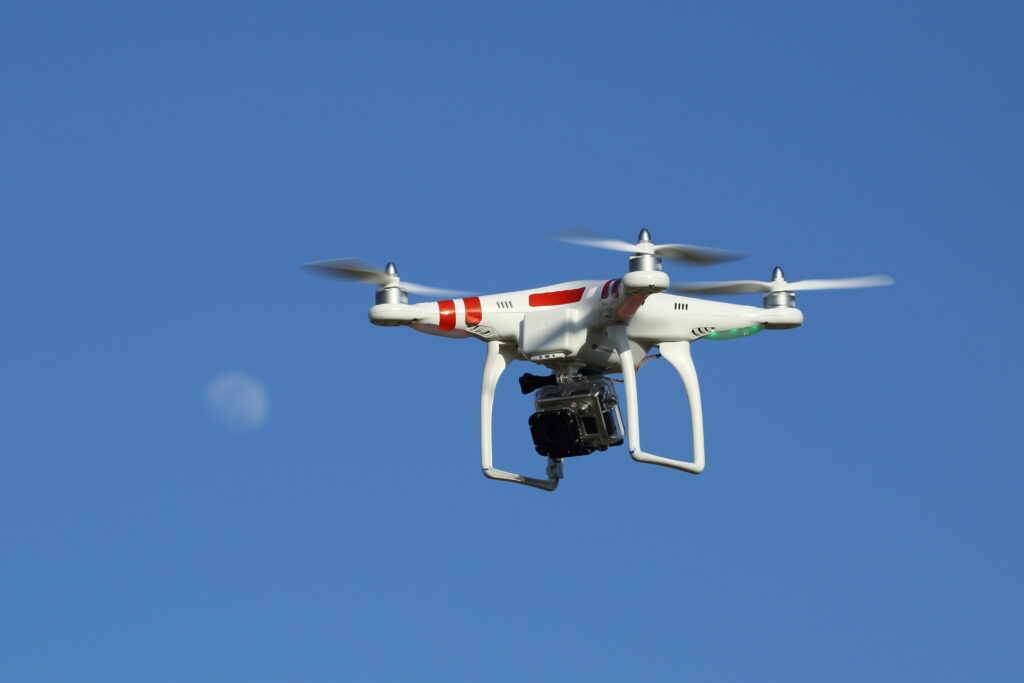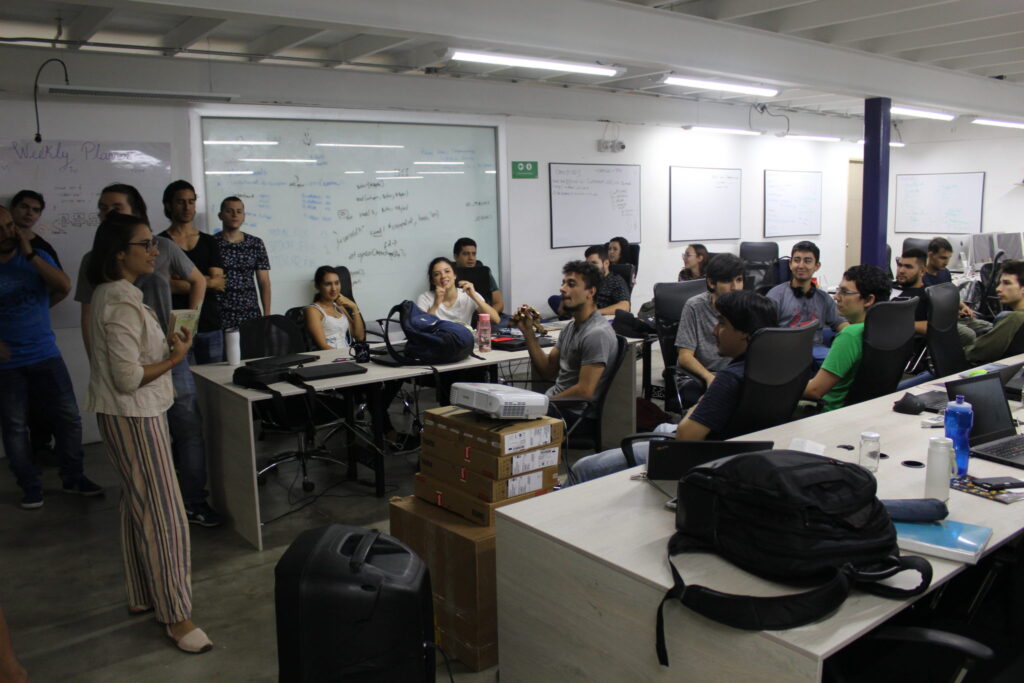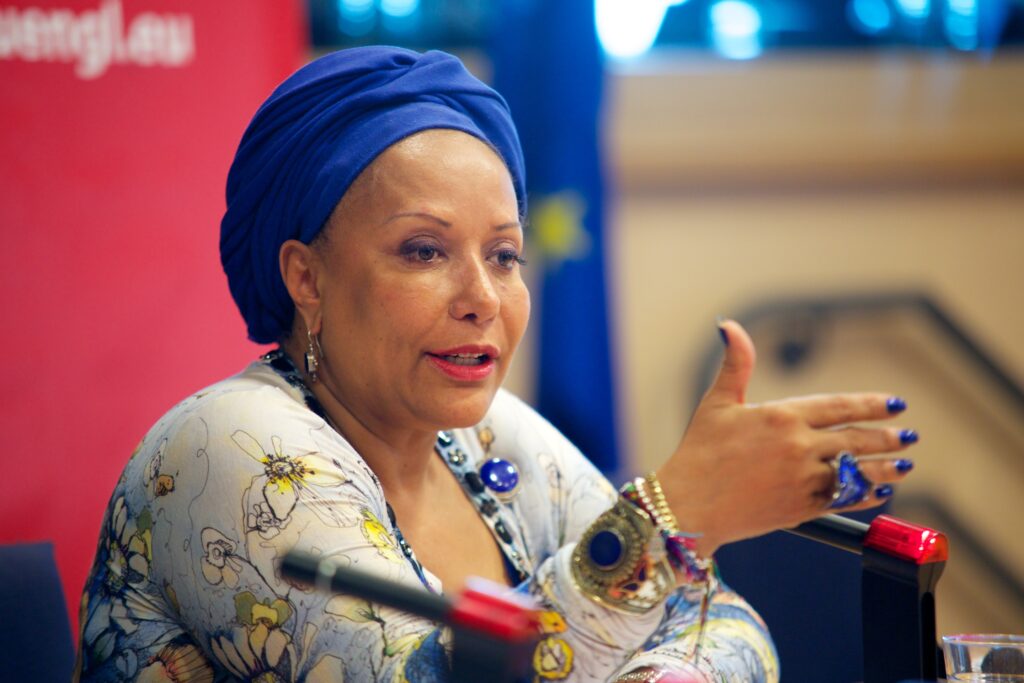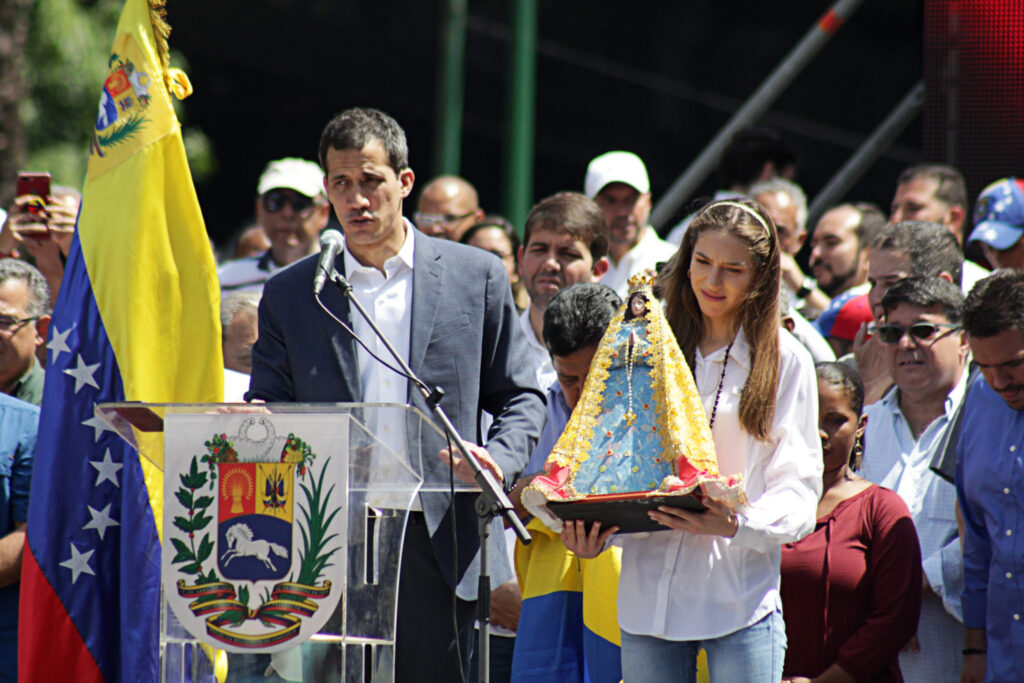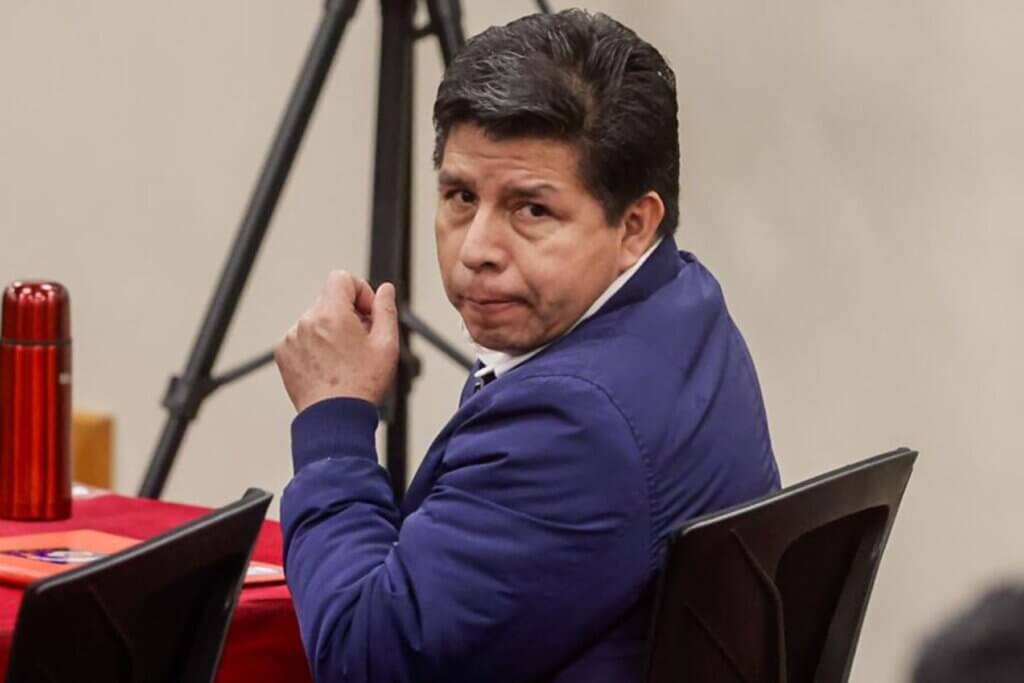Trial proceedings against former Colombian President Álvaro Uribe began on Thursday, February 6, making Uribe the country’s first ex-head of state to take the defendant’s chair in a 21st-century court.
The Colombian Prosecutors’ Office had formally charged Uribe, who served as Colombia’s president from 2002 to 2010, with bribery, procedural fraud, and witness tampering in May 2024.
Although the former president’s lawyers requested postponing the proceedings, arguing that preparatory hearings have not been formally closed, and Uribe himself claiming that he needed time to ensure his safety after receiving death threats, judge Sandra Heredia dismissed the petition, as per newspaper El Colombiano.
“The statute of limitations is approaching, and it is my habit to offer quick responses to the victims,” Heredia noted at the trial.
During the first session, the Prosecutor’s Office presented its theory, which accuses Uribe of having bribed imprisoned former paramilitaries to give false testimonies against senator Iván Cepeda, one of Uribe’s political rivals.
According to El Colombiano, Uribe had denounced Cepeda before Colombia’s Supreme Court in 2012, after the senator hosted a debate about paramilitaries in Uribe’s home state of Antioquia. In this, Cepeda stated that Uribe, along with his brother Santiago, had founded the Metro Bloc of the United Self-Defense Forces of Colombia (AUC), a right-wing paramilitary group classified as a terrorist organization by the United States.
February 10 marked the second day of the proceedings, in which investigators called Cepeda to testify.
The senator asserted that he interviewed former AUC paramilitary Pablo Hernán Sierra García while attending pedagogical activities in Bogotá prisons, as part of his duties as a public servant. Sierra García, known under the nom de guerre “Alberto Guerrero”, presumably told Cepeda that the Uribe brothers were among the co-founders of the group’s Metro Bloc in the 1990s.
The proceedings were then suspended, and are to be resumed on Thursday, February 13. Upon Uribe’s exit from the courthouse Monday, however, civilians and public officials rallied to support him, carrying banners and masks of his face.
“I support President Uribe. Today, Colombia needs what you represent more than ever: safety, investment, and social cohesion,” claimed senator and presidential pre-candidate Miguel Uribe Turbay (unrelated), who attended the protest outside the courthouse.
“I intend to contribute to what will be demonstrated in this trial: that I did not bribe nor have witnesses bribed, that I did not deceive justice. We will prove that this trial has a political origin, that our motive is not to discredit senator Cepeda,” Uribe stated during the trial.
Court proceedings
After Uribe denounced Cepeda before the Supreme Court in 2012, claiming that the senator had abused his power to visit inmates to pressure them into issuing false declarations against him, the Court appointed a sub-commission to investigate the allegations, as per the Colombian Interchurch Commission of Justice and Peace.
In February 2018, following six years of investigations that included wiretaps, the Court announced that it would archive its inquiries into Cepeda and establish a new case against the former president.
In this, the investigators asserted that it was the former president who was bribing witnesses, placing special attention on his calls to Juan Guillermo Monsalve, a former paramilitary who was, at the time, an inmate at a Bogotá prison.
“[A copy of this decision will be sent to] the Court’s Secretariat… so that it investigates the presumed participation of doctor Álvaro Uribe Vélez in witness tampering activities,” the ruling read.
Uribe’s lawyer at the time, Diego Cadena, then presumably met with imprisoned former paramilitaries to bribe them into recanting testimonies that connected Uribe with the AUC. As per Colombian newspaper El Tiempo, Cadena was subsequently charged with witness tampering and procedural fraud in a trial that is still ongoing.
Uribe’s legal team has sought to nullify the Court’s investigations on his supposed ties to paramilitary groups several times. First, in 2019 for the illegal wiretapping of his phone as connected to a separate case, in 2023 for alleged lack of evidence, and then again in 2024 claiming a procedural error.
On August 4, 2020, the Court issued a provisional house arrest warrant against Uribe, as the presumed instigator of witness bribery “who acted unequivocally with the intent to induce others to commit the act and/or reinforce their preexisting criminal intent.”
This prompted Uribe’s resignation from the Senate, a position that he had held intermittently since 1986, and passed his case’s jurisdiction from the Supreme Court to the Attorney General’s office.
Also in 2020, the former president’s younger brother Santiago was acquitted for the crimes of conspiracy to commit a crime and aggravated homicide, for which he was under investigation since 1997. The charges were allegedly connected to the younger Uribe’s involvement with a paramilitary group known as The 12 Apostles in the early 1990s.
In early 2024, it was ultimately decided that the former president’s trial would begin on February 6, 2025.
Álvaro Uribe Vélez
Uribe Vélez was born in Medellín to a landowning family of cattle ranchers. He began his public service career in the Medellín mayor’s office, before being appointed as mayor himself in 1982 by then-president Belisario Betancur, according to the Colombian newspaper La Silla Vacía.
In 1983, his father was killed by the FARC guerrilla in an attempted kidnapping at the outskirts of Medellín.
“The pain that we have experienced is very deep… My family is a victim, even though we have never declared ourselves as such,” Uribe stated before the Colombian Truth Commission in 2021.
He was elected as the governor of Antioquia in 1994, a position which he leveraged to strengthen education and road infrastructure in his home state, also building an iron-fist image that extended nation-wide.
His presidential election in 2002 was historic, as he became the first Colombian president to win in the first voting round. This first term ended in 2006 with approval ratings above 70% due to the weakening of the FARC and ELN leftist guerrillas, along with the paramilitary demobilization process he led.
After Congress and the Constitutional Court authorized presidential reelection in 2005, Uribe ran once more in 2006, winning the presidency again on the first round, with over 62% of the votes.
Following his electoral triumph, however, the Supreme Court issued arrest warrants for congressmen- some of whom were allied with president Uribe- for alleged links with paramilitary groups in what became known as the “parapolitics” scandal.
Following his political rupture from ally Juan Manuel Santos, who had served as his Minister of Defense during Uribe’s second term in office, he created a party in opposition to the Santos administration in 2014, the Democratic Center.
In 2018, he became the senator with the most votes in Colombian history at the time of the election, with over 800,000 votes, and the Democratic Center rose as the most popular party with over 2.5 million votes.
That same year, U.S. diplomatic cables unsealed via a freedom of information request by Michael L. Evans at the National Security Archive revealed that a Colombian senator told diplomatic officials that Medellín Cartel founders had financed his senate campaign when he was a senator in the late 1980s and early 1990s. The cables also revealed that U.S. officials believed Uribe had cartel ties while he was Director of Colombia’s Civil Aviation Administration in the early 1980s.
As per newspaper El País, Uribe transformed the politics of Colombia as a pioneer of a “new right” in Latin America.
“He is the forerunner of the Colombian and global far-right, which was cornered [before Uribe]. No one ever dared to be so openly far-right; that was no longer part of the institutional framework. It was only after him that Trump and Bolsonaro emerged,” senator Clara López, a former friend and now political rival of Uribe’s, told El País.
Ongoing legal battle
The third day of Uribe’s trial began on Tuesday, February 11, which would presumably hear the end of Cepeda’s testimony.
The former president’s legal team, however, failed to appear before the court, announcing that it was instead filing a constitutional injunction (tutela) against judge Heredia for a supposed violation of the former president’s rights to due process and access to justice.
“There are reasons that indicate that the impartiality of the judge presiding over this trial is seriously compromised,” lawyer Jaime Granados stated.
“She has repeatedly disqualified the actions of the defense with adjectives and accusations that reflect a clear bias against the defense and its arguments,” the lawyer added.
“We see this as an act of disloyalty to the due process. It is a way to obstruct and delay this important trial, and we will use all the mechanisms available to us to ensure that the sessions before this court can proceed normally,” senator Cepeda stated on Tuesday, after the trial was suspended, in conversation with news outlet Noticias Caracol.
The senator had previously requested international oversight of the trial on Monday, naming the Interamerican Court of Human Rights as one of the potential watchdogs which can guarantee the impartiality of the case.
The proceedings are set to resume on the morning of Thursday, February 13.
Featured Image: Screenshot of live broadcast of the February 10 hearing against former president Álvaro Uribe Vélez for the case of alleged witness tampering. Image credit: Radio Nacional de Colombia via YouTube. https://www.youtube.com/watch?v=Gc32oRgAlpg



